 Name: Deidre Lee
Name: Deidre Lee
Hometown: West Nyack, NY
Current Location: Venice, CA
TrunkSpace: When did you know that you wanted to act for a living?
Lee: It’s very seldom that an artist gets their dream and passion be the thing that provides a living for them. I was attracted to acting from a young age. I remember being in 3rd grade and creating a stage adaptation of “The Princess Bride.” It came out to three full pages in third grader handwriting. Impressive, I know. It never went up because I wanted to play all the interesting parts. I was determined to play Westley and Buttercup; it proved difficult. (My understanding of acting as a collaborative art had yet to develop.) In elementary school I would visit the nurse’s office with fake ailments because I was bored, and Mrs. Clifford, our school nurse, always let me stay because I was entertaining. It wasn’t until I was 13 that I announced to anyone that I wanted to be an actor. I stood up and proudly declared, “I want to be an actor!” and everyone was like, “Ok.” Certainly, less of a reaction than I’d hoped for or expected. Now, as an adult, acting and writing provide me with the space to continue to create in my own unique way. If I am lucky enough to have my craft generate money that’s just gravy.
TrunkSpace: Was there a particular performance or actor/actress from your childhood that you remember being drawn to and inspired by?
Lee: I was older, maybe 17, when I saw Natalie Portman’s performance in “Léon: The Professional,” but it is work that continues to inspire me.
TrunkSpace: How did you decide to approach your career as an actor? Did you formulate a plan of how you wanted to attack what is known for being a hard industry to crack?
Lee: I was throwing spaghetti at the wall for years. And to some extent I still am, I think everyone does because this is such an individual experience. There is no handbook for being a successful artist. I take that back: “The Artist’s Way” is a pretty superb handbook for developing into a successful artist. I have been using Julia Cameron’s techniques for some time now, and I feel more in touch with my artist self. I don’t know that it is so much a “plan of attack” for this industry, but I prefer the route of “be so good they can’t ignore you” (as suggested by Steve Martin).
TrunkSpace: When did you decide to move away from your home and pursue acting as a career? How old were you at the time?
Lee: I moved to Los Angeles when I was 19. I did it in a relatively safe way, even though I knew no one here. I came out on an exchange program from Stony Brook University in New York. They offered students the chance to study for up to a year at a different school in the country… it’s one of the main reasons I chose Stony Brook in the first place. I came out here and kind of always knew that I would stay past the first year. I ended up choosing to remain in LA once the year ended and it’s been my home ever since, even though it did take me years to feel at home here.
TrunkSpace: Was that move an easy transition for you initially? How long did it take you to feel at home and find a good support group of friends and peers?
Lee: Well, my previous answer segued pretty nicely into this one, huh? Transitionally, it was harder than I realized at the time. I look back on the places I lived and the jobs I worked and I am so glad to have left some of those times behind me. I moved eight times in four years, living all over LA. It took me a good portion of those first four years to feel comfortable here and to actually begin liking the things LA has to offer. I certainly hated Los Angeles for a good amount of time. The traffic, the sprawling city, how self-involved some people can be, the plastic outward appearance people put on… it all bothered me. But eventually, I began to meet people that seemed to understand me and with whom I could connect. I met my best friend Cruz in 2009, he’s been my family here ever since. Whenever I introduce him to someone I tell them that he was my mother in another life, because I’m weird, but also because it’s true (probably). He is a comedian and an actor so he understands the stress of being an artist and he has always been my biggest fan and support system.
TrunkSpace: What has been been your biggest break in terms of a particular role or project thus far?
Lee: I got the opportunity to film an indie comedic horror movie, “Deadly Retreat,” a few years back. It was a week-long shoot; I had an amazing time. We were on location in Idyllwild, CA, which is outside of LA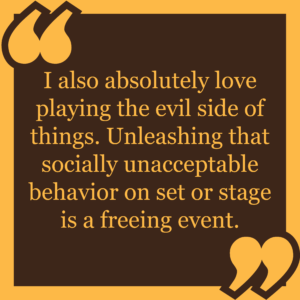 about 3 hours. It’s up in the mountains and we were filming in February so there was snow on the ground; it felt like we were far away from Los Angeles. Jonathan Bennett, who I knew from his role in “Mean Girls” (Aaron Samuels), played the lead role. And the hilarious Pete Gardner played the serial killer. Having him on set was great, we were constantly laughing.
about 3 hours. It’s up in the mountains and we were filming in February so there was snow on the ground; it felt like we were far away from Los Angeles. Jonathan Bennett, who I knew from his role in “Mean Girls” (Aaron Samuels), played the lead role. And the hilarious Pete Gardner played the serial killer. Having him on set was great, we were constantly laughing.
TrunkSpace: Is there a specific type of role you’d like to take on or a specific genre that you feel more at home in?
Lee: I love working in comedic roles. Being on set when you’re filming a comedy is really special. I’ve always found my deepest connections with people that are willing to play along, and comedy lends itself to that experience. I have been studying improv at MI’s Westside Comedy Theatre, and the community there is unlike anything I’ve experienced. I also absolutely love playing the evil side of things. Unleashing that socially unacceptable behavior on set or stage is a freeing event.
TrunkSpace: What would you say is the greatest strength an actor/actress can have outside of acting ability itself?
Lee: Self-awareness. The world needs more people who are self-aware. It’s something I actively work on, because I often have found myself in situations where I see that I have not been listening to my internal voice and then I feel trapped by no will of my own… except that it is 100 percent through my own doing. When I take a moment and really ask myself, “What is going on? How do I feel? What do I want?” if I answer honestly I know I will lead myself into the right direction. Self-awareness helps us to set appropriate boundaries and goals. It provides us with the ability to develop a trusting relationship with ourselves. The more self-aware actors can be, the better they can serve their roles. When you know how you feel in your daily life, it makes acknowledging and acting on those feelings easier when you are in your craft.
 TrunkSpace: What is your ultimate dream when it comes to your acting career? Where would you like your path to lead?
TrunkSpace: What is your ultimate dream when it comes to your acting career? Where would you like your path to lead?
Lee: I want it all. I want to write, act in, and direct a feature film. I have been irritated in the past when reading a script or watching a movie, bothered by the dialogue, saying to myself, “No one talks like this.” And so I began writing. I’ve been writing for “The dïck Plays” for several months; we receive a theme the night before the performance, and we have until 11am the next morning to write our 10 minute long play. It is a great exercise and it has helped me to develop my writing style. I also have been participating in “The Café Plays” at the Ruskin Theater for a few months. Currently, I am writing a piece I hope to film.
TrunkSpace: What advice would you give another young aspiring actor/actress who is considering moving away from home to pursue their dream?
Lee: Stay home there’s too many of us. Just kidding. Do it. If it’s what you want, then go for it. Why shouldn’t someone feel the pull to the arts and follow that feeling? It’s a beautiful life being an artist. It’s hard, for sure, but it’s a life unlike any other. Tapping into the vulnerable place, that delicate, susceptible piece of ourselves is worth all the hard work, and all the unknowing that comes along with being an artist.
TrunkSpace: Where can people (and casting directors) learn more about you?
Lee: Check out my website at DeidreLee.com



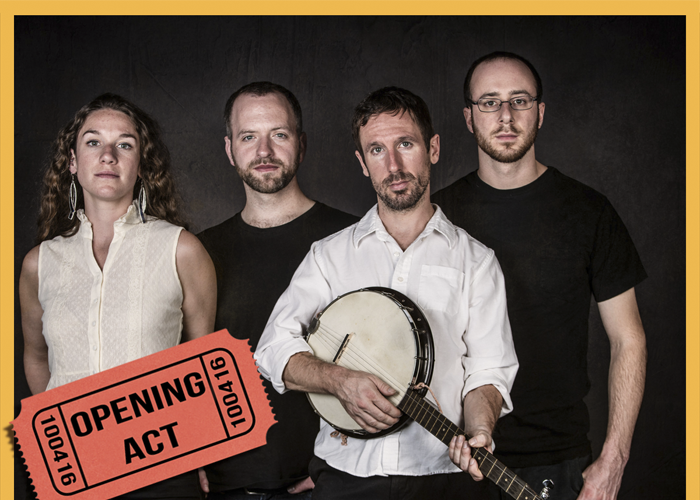
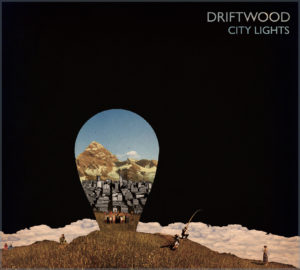 Artist/Band
Artist/Band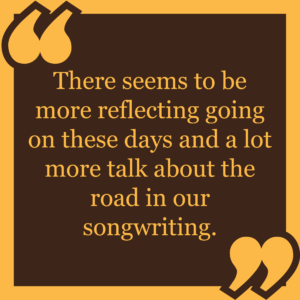
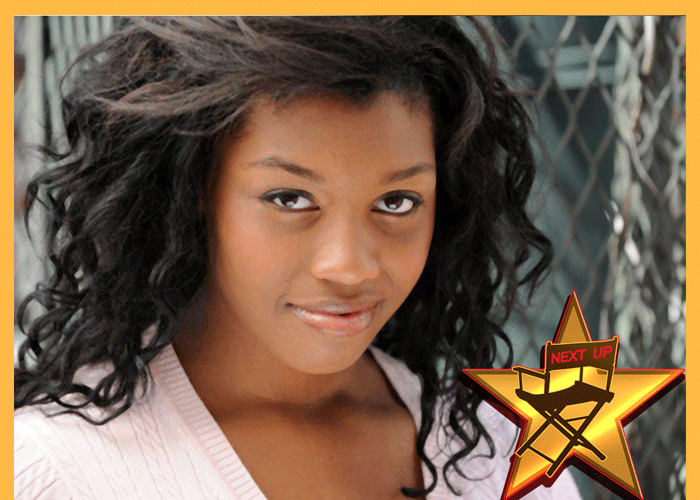
 Name: Judy Brown-Steele
Name: Judy Brown-Steele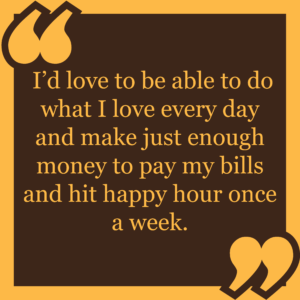 challenging and thought-provoking material. All the characters doubled roles, so the chance to delve deep into more that one character was incredibly enriching. This play also gave me the opportunity to sing, one of my other passions, as well as play characters so far removed from myself, that I learned a lot.
challenging and thought-provoking material. All the characters doubled roles, so the chance to delve deep into more that one character was incredibly enriching. This play also gave me the opportunity to sing, one of my other passions, as well as play characters so far removed from myself, that I learned a lot. TrunkSpace: What advice would you give another young aspiring actor/actress who is considering moving away from home to pursue their dream?
TrunkSpace: What advice would you give another young aspiring actor/actress who is considering moving away from home to pursue their dream?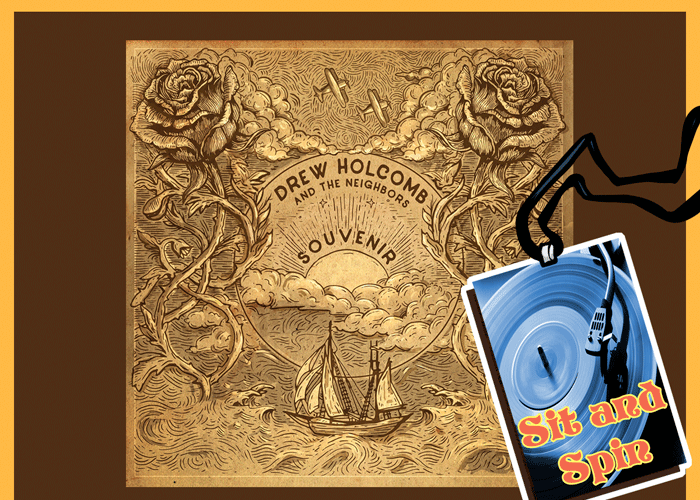
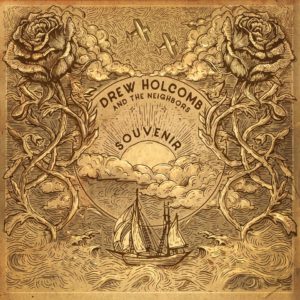 Artist: Drew Holcomb and the Neighbors
Artist: Drew Holcomb and the Neighbors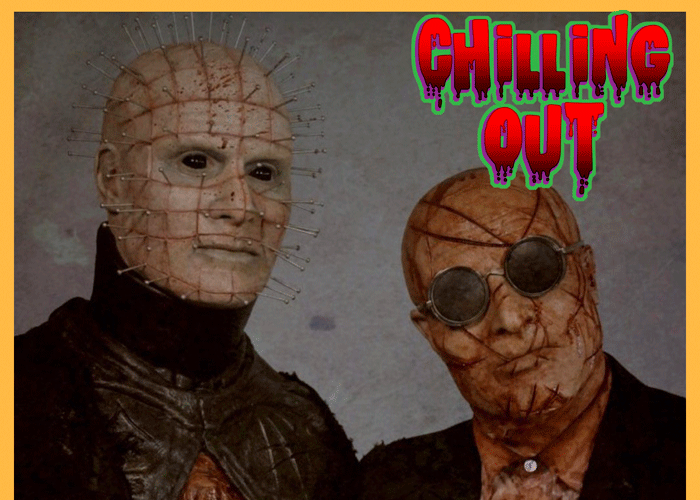
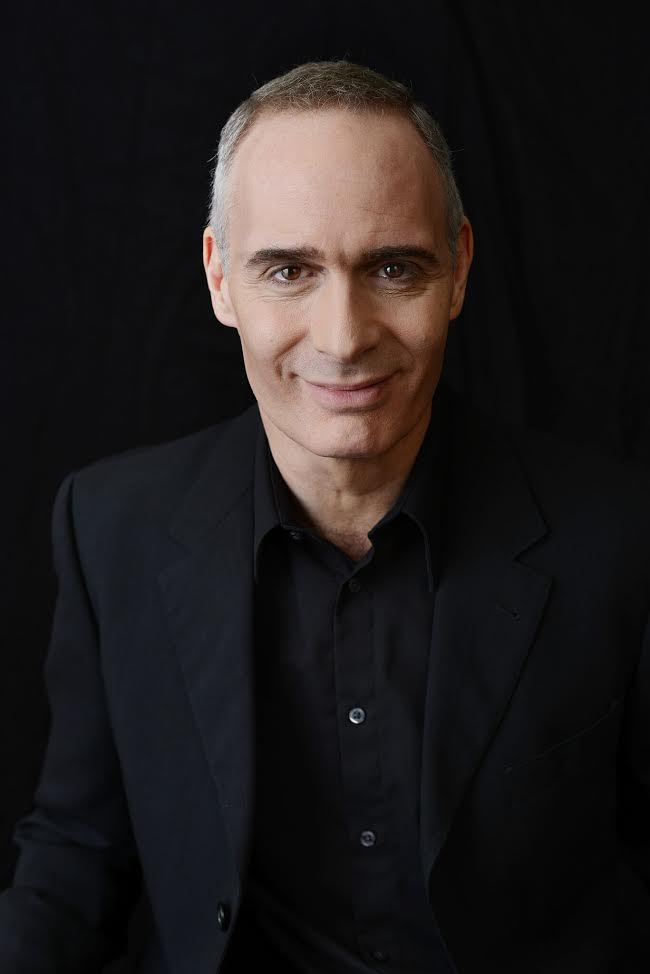 Chilling Out is where TrunkSpace talks all things horror and genre with those who work on the projects that give us the thrills and chills to keep coming back for more. This time out we’re talking with Paul T. Taylor who is stepping into some very big leather shoes as the iconic character Pinhead in the upcoming “Hellraiser: Judgment.” Taylor knows he faces an uphill battle with diehard fans of the franchise because he himself is one, a fact that is not shared but heard in the excitement in his voice. (He also owns all of the “Hellraiser” action figures and took one to his audition, so his fanboy status is not in question.)
Chilling Out is where TrunkSpace talks all things horror and genre with those who work on the projects that give us the thrills and chills to keep coming back for more. This time out we’re talking with Paul T. Taylor who is stepping into some very big leather shoes as the iconic character Pinhead in the upcoming “Hellraiser: Judgment.” Taylor knows he faces an uphill battle with diehard fans of the franchise because he himself is one, a fact that is not shared but heard in the excitement in his voice. (He also owns all of the “Hellraiser” action figures and took one to his audition, so his fanboy status is not in question.)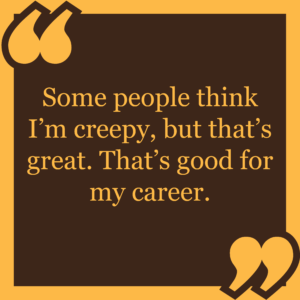 and new model. The workings of it were so brilliant. Just like the workings of the transformation of the original “Hellraiser” film when the blood first goes under the floor in the attic and they went and added to the budget so they could do that transformation. And it’s all real effects and it’s so good. It’s just so gross and wonderful. I loved it.
and new model. The workings of it were so brilliant. Just like the workings of the transformation of the original “Hellraiser” film when the blood first goes under the floor in the attic and they went and added to the budget so they could do that transformation. And it’s all real effects and it’s so good. It’s just so gross and wonderful. I loved it.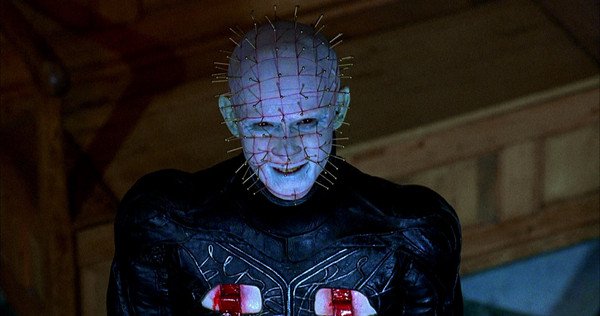 Taylor: (Laughter) Yeah! That’s it! I mean, I grew up in the middle of Kansas, which is a crazy place for a person like me to grow up because I’m… I’m kind of a freak. I’ve always liked horror and as a kid if I could have had Halloween all year long, I would have. It was my favorite time of the year just because I loved to be grotesque, scary and unrecognizable. That’s my favorite kind of disguise. There’s a certain power behind that. I just get off on it. I don’t know why. Just being scary because in real life, I’m really not much of a scary person. Some people think I’m creepy, but that’s great. That’s good for my career.
Taylor: (Laughter) Yeah! That’s it! I mean, I grew up in the middle of Kansas, which is a crazy place for a person like me to grow up because I’m… I’m kind of a freak. I’ve always liked horror and as a kid if I could have had Halloween all year long, I would have. It was my favorite time of the year just because I loved to be grotesque, scary and unrecognizable. That’s my favorite kind of disguise. There’s a certain power behind that. I just get off on it. I don’t know why. Just being scary because in real life, I’m really not much of a scary person. Some people think I’m creepy, but that’s great. That’s good for my career.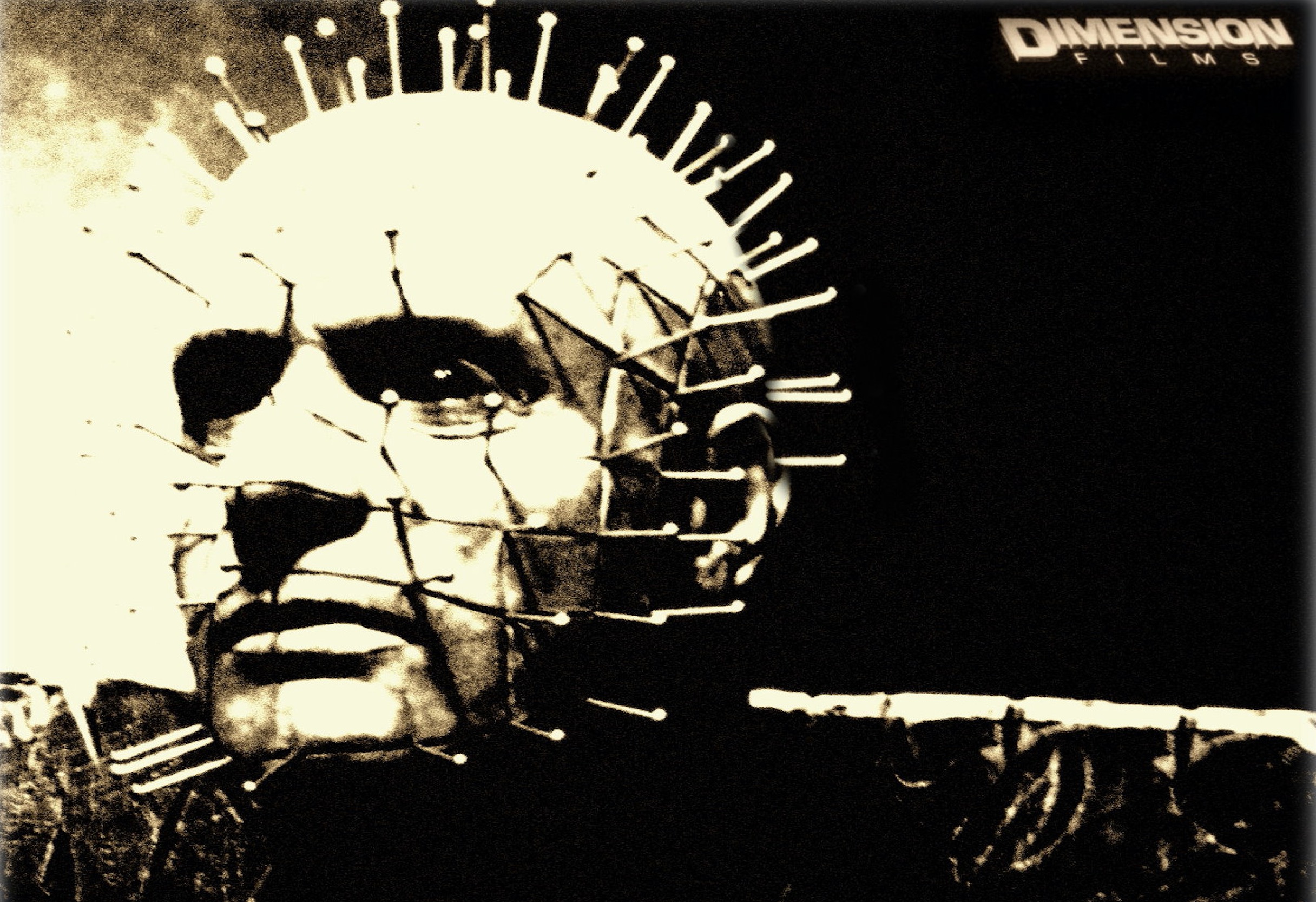
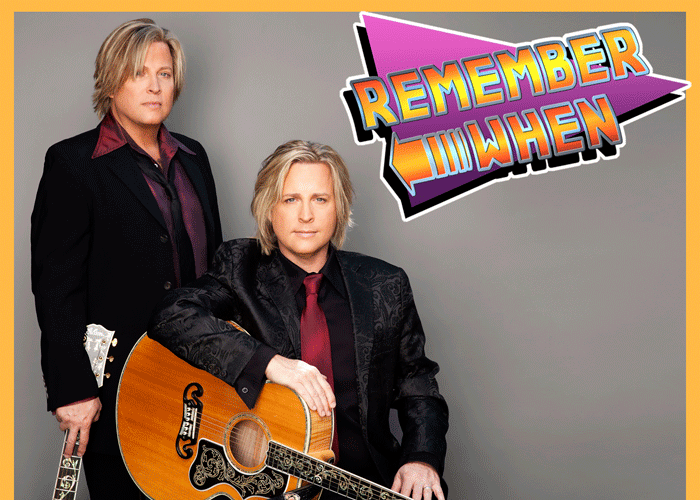
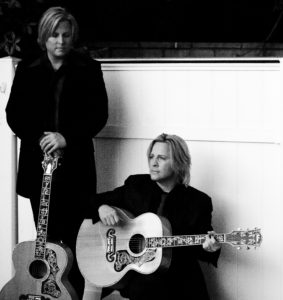 It’s that time again. Let’s sit back, relax and take a trip down memory lane with those individuals who inadvertently played a role in our pop culture past.
It’s that time again. Let’s sit back, relax and take a trip down memory lane with those individuals who inadvertently played a role in our pop culture past.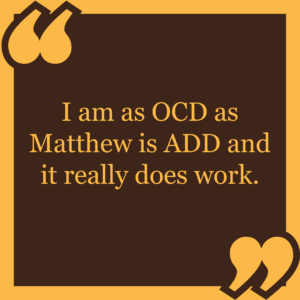 organic. It was actually engineered. What people don’t know is that there are about, at any given time, six to eight people that run the music business. These are the big, heavy hitter guys. They all know each other very well. They all do each other favors. They’re all billionaires. And the whole illusion of, “Hey, I’m gonna get my musical trip together, I’m gonna write a hit song, I’m gonna get a following from playing shows and I’m gonna get my record deal and have a big video and be a star…” that really, honestly, is nothing but an illusion. A lot of it is really engineered. You’ve got to look back at the death of disco, as an example. That was a time when the biggest acts were demanding lots of money to record. Back in those days, Donna Summer was demanding a million dollars to make a record and in 1970s dollars, man, that’s a lot. So, all of those power guys got together over dinner and they said, “You know what, this has just become completely excessive. The costs are ridiculous. What are we going to do about it?” Some guy came up with the bright idea in that meeting of a new little movement that was happening out of London called punk. They said, “Look, this is great. There’s a little mini scene that’s happening there and we can go there and we can get those guys to record for us and they’ll do it for a dime bag and a Happy Meal.” So if you notice, with the whole death of disco thing, which… look, disco was a BIG thing, and all of a sudden people are breaking records and burning records and “Disco Sucks” and all that stuff. And that one was engineered as well. The same thing happened with the whole grunge thing.
organic. It was actually engineered. What people don’t know is that there are about, at any given time, six to eight people that run the music business. These are the big, heavy hitter guys. They all know each other very well. They all do each other favors. They’re all billionaires. And the whole illusion of, “Hey, I’m gonna get my musical trip together, I’m gonna write a hit song, I’m gonna get a following from playing shows and I’m gonna get my record deal and have a big video and be a star…” that really, honestly, is nothing but an illusion. A lot of it is really engineered. You’ve got to look back at the death of disco, as an example. That was a time when the biggest acts were demanding lots of money to record. Back in those days, Donna Summer was demanding a million dollars to make a record and in 1970s dollars, man, that’s a lot. So, all of those power guys got together over dinner and they said, “You know what, this has just become completely excessive. The costs are ridiculous. What are we going to do about it?” Some guy came up with the bright idea in that meeting of a new little movement that was happening out of London called punk. They said, “Look, this is great. There’s a little mini scene that’s happening there and we can go there and we can get those guys to record for us and they’ll do it for a dime bag and a Happy Meal.” So if you notice, with the whole death of disco thing, which… look, disco was a BIG thing, and all of a sudden people are breaking records and burning records and “Disco Sucks” and all that stuff. And that one was engineered as well. The same thing happened with the whole grunge thing.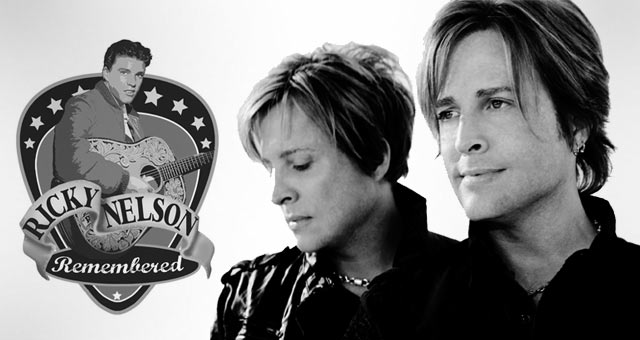
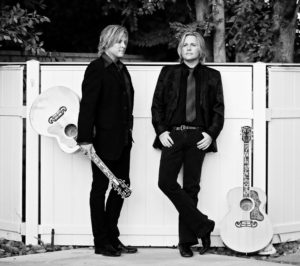 TrunkSpace: With kids, often the younger ones look up to the older ones. How does it work with twins? Who looks up to who?
TrunkSpace: With kids, often the younger ones look up to the older ones. How does it work with twins? Who looks up to who?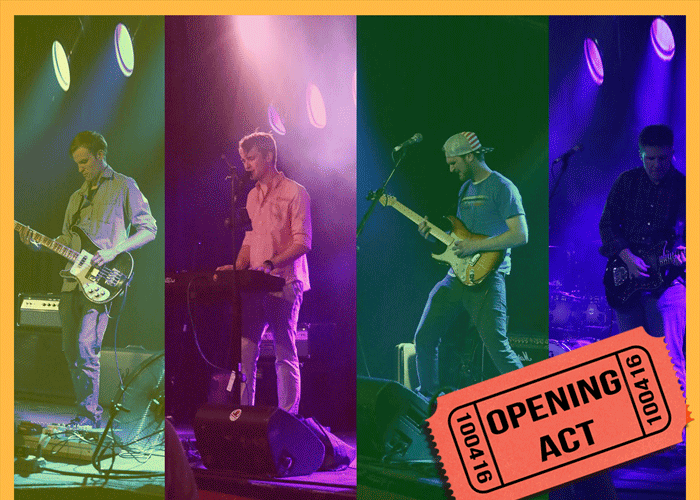
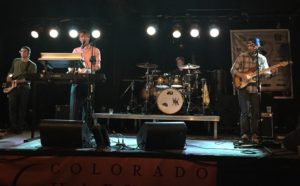 Artist/Band: The Whiskey Masons
Artist/Band: The Whiskey Masons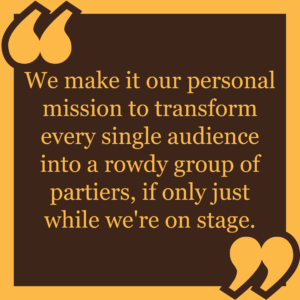 consumes at a show?
consumes at a show?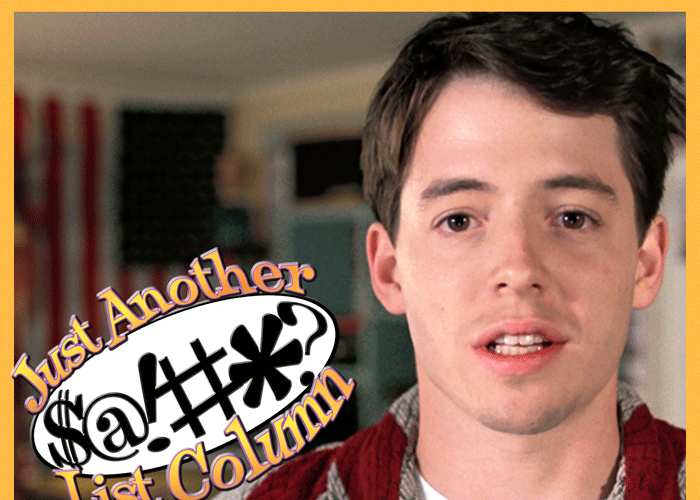
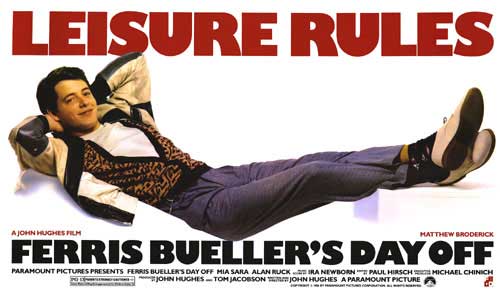
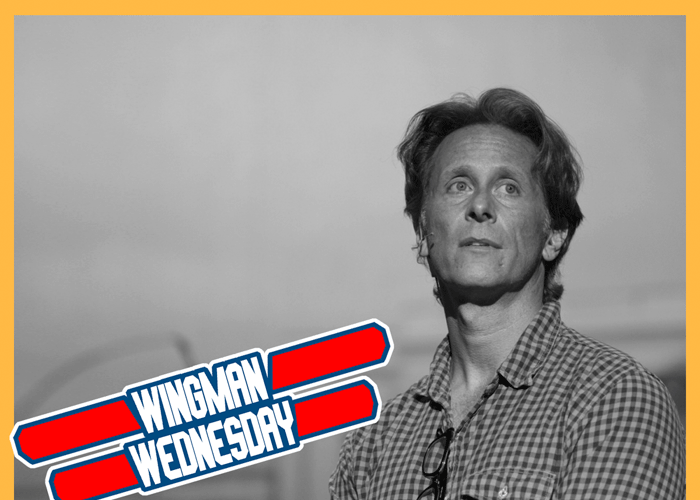
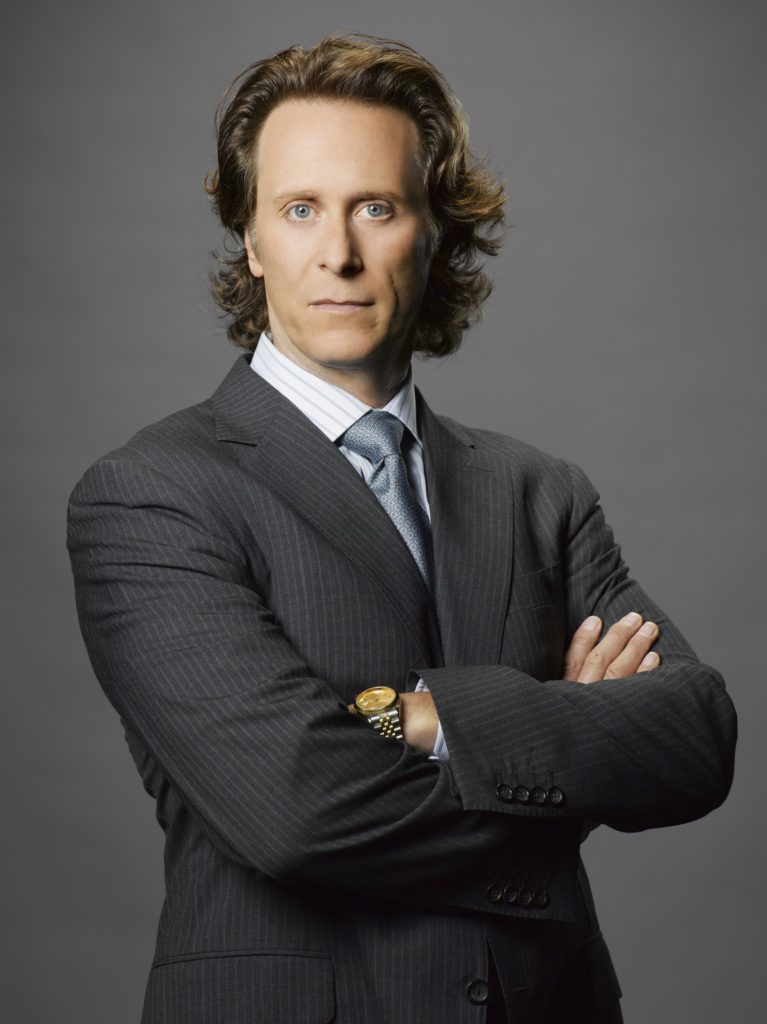
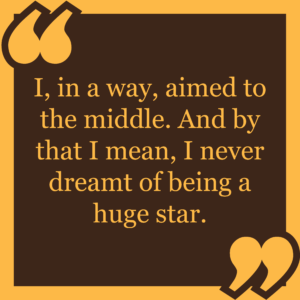 content is being created?
content is being created?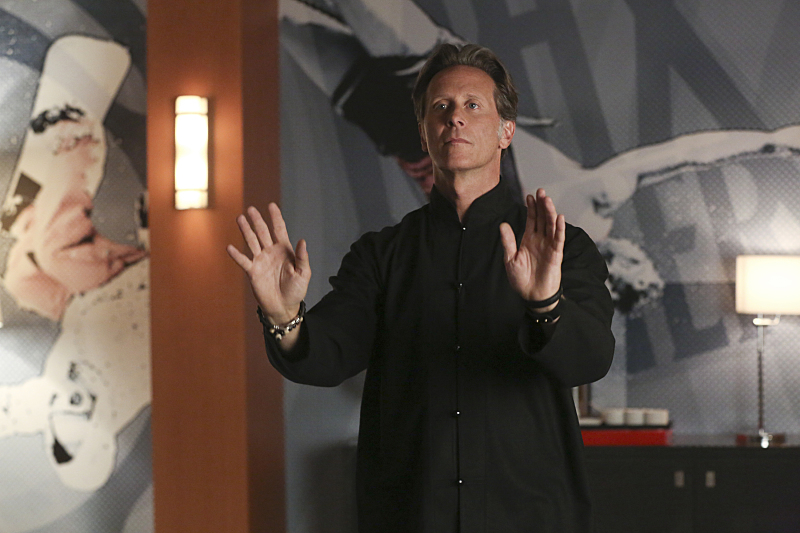
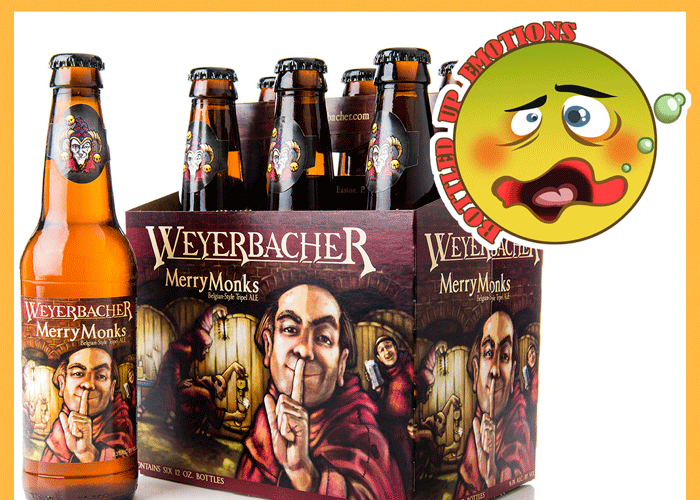
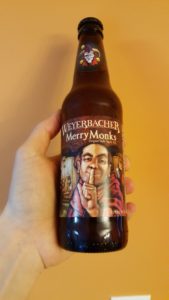 Brewer:
Brewer: 